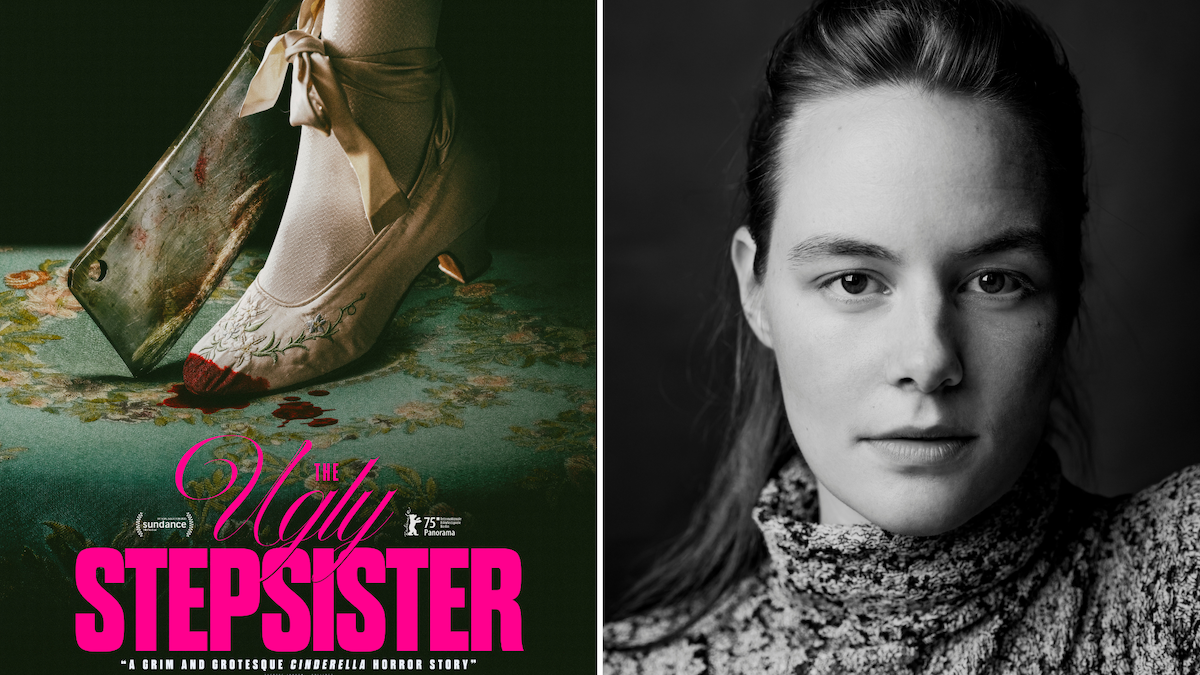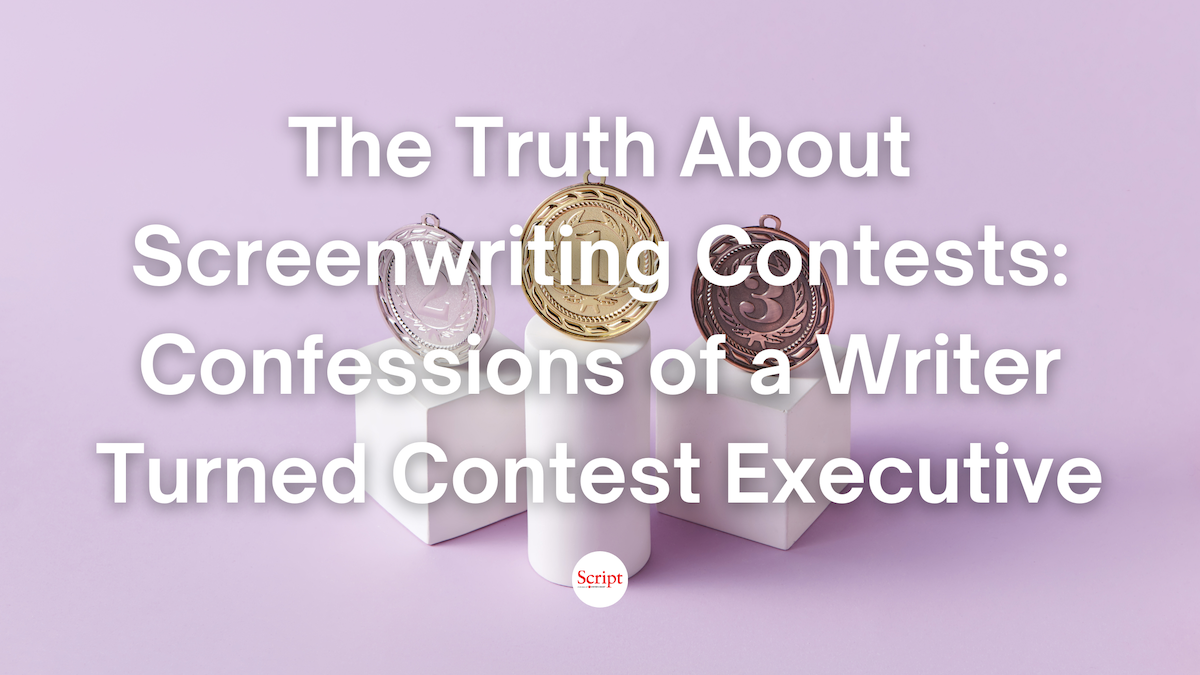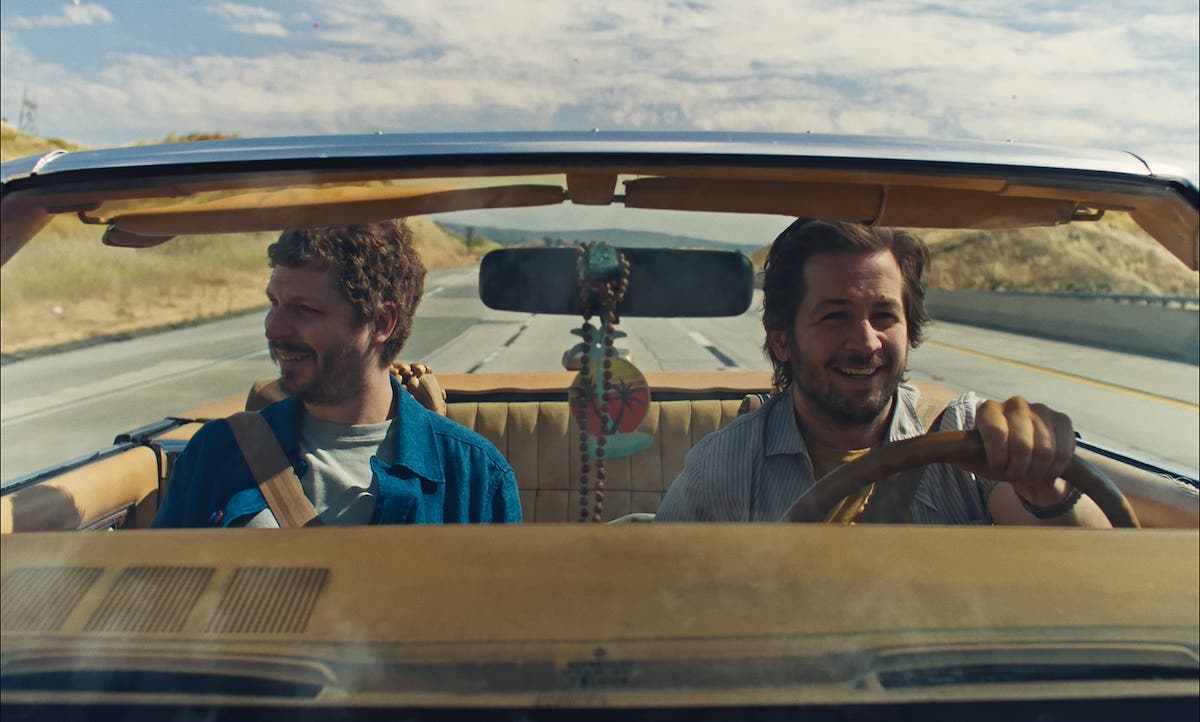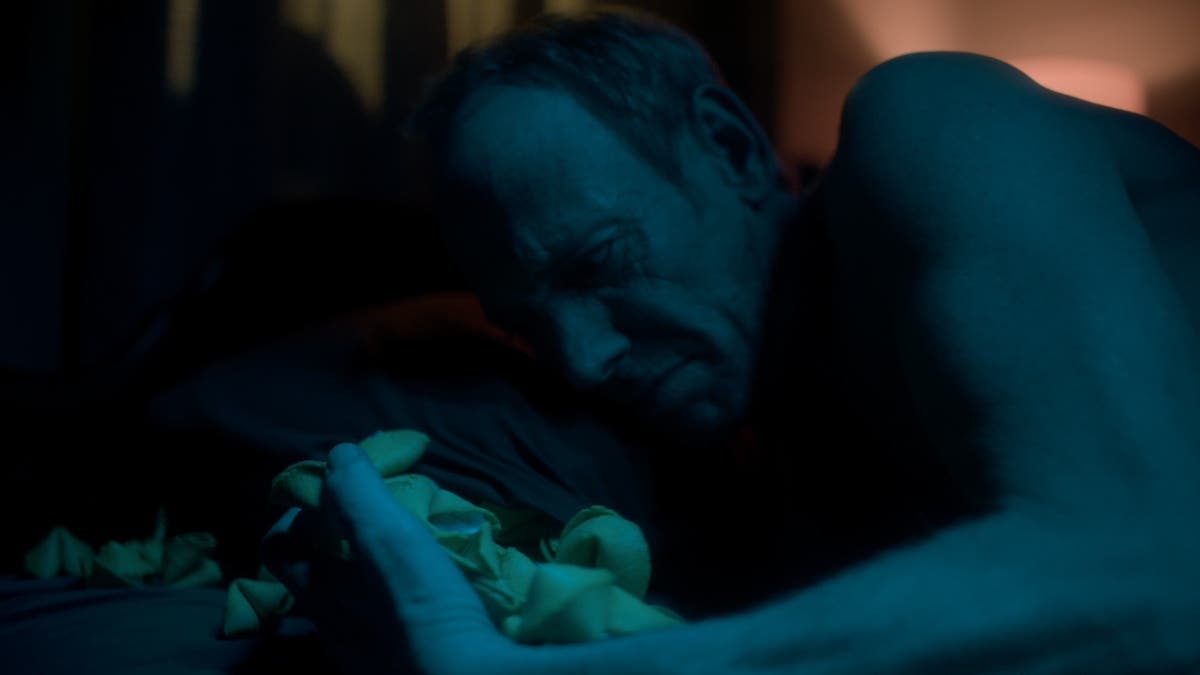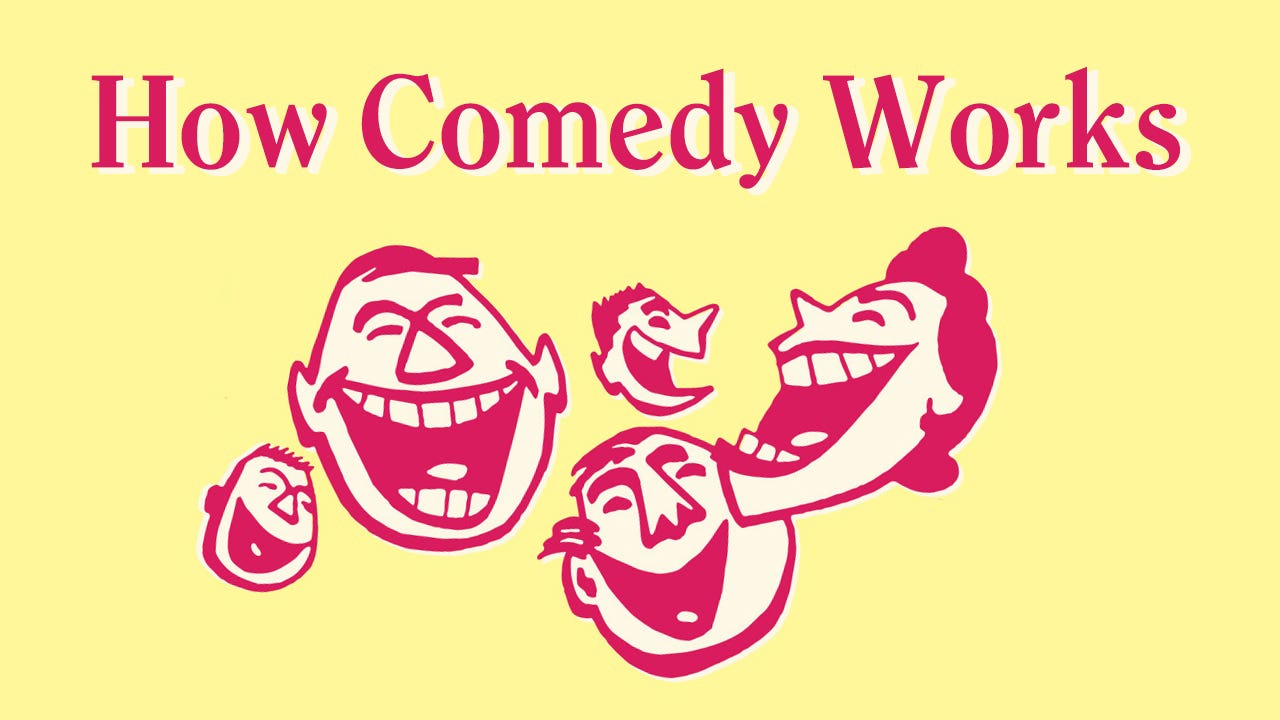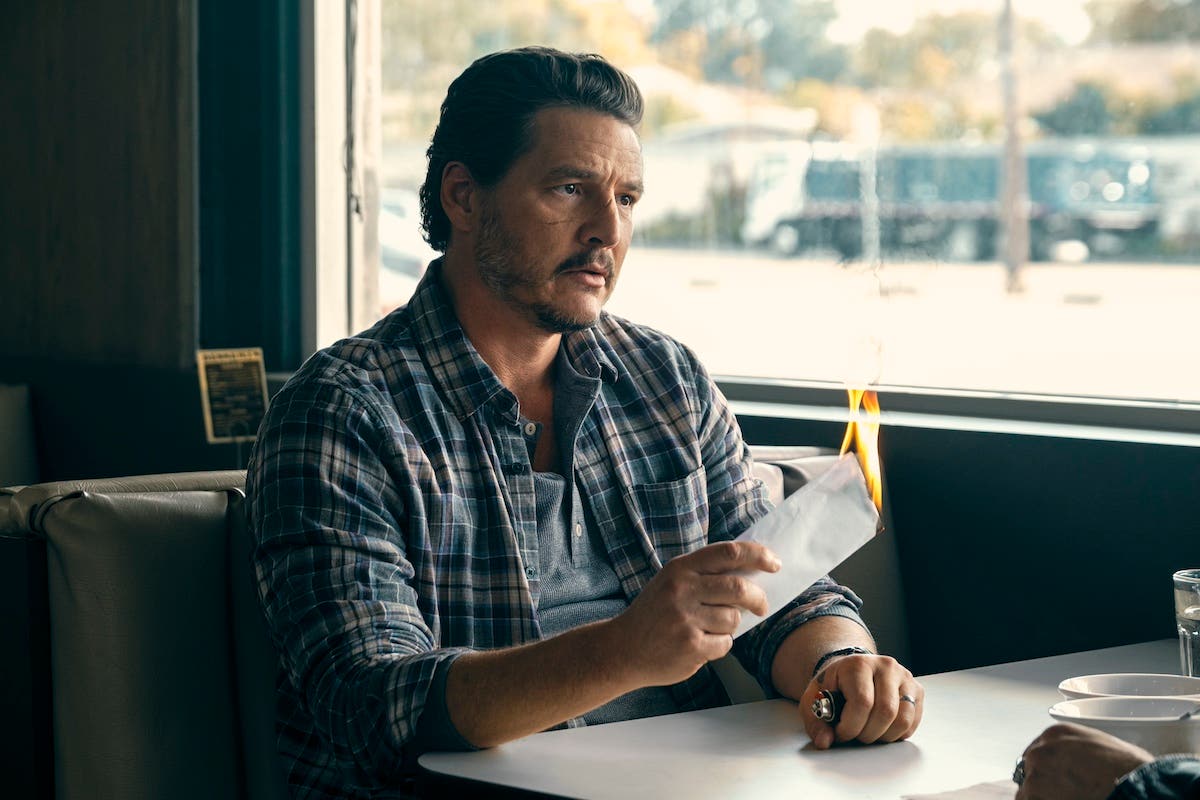Writers on the Web: Crowdfunding Advice from Award-Winning Filmmaker and founder of POTA, Cindy Baer
Befuddled by financing? Confounded by crowdfunding? Perplexed by… okay, I’m going to quit while I’m ahead. I’m honored to have had the opportunity to interview Cindy Baer, a critically-acclaimed filmmaker…
Befuddled by financing? Confounded by crowdfunding? Perplexed by... okay, I'm going to quit while I'm ahead.
I'm honored to have had the opportunity to interview Cindy Baer, a critically-acclaimed filmmaker and co-founder of Patron of the Arts (POTA), a non-profit organization that believes that art and film are vital parts of a healthy community, and offers education, resources, and grants to help artists pursue their dreams.
As a director/producer Cindy made her feature debut with Purgatory House, a life-after-death drama written entirely by a 14-year-old girl she mentored in the Big Sisters of L.A program. A critical darling, Purgatory House was featured in over 60 respected publications including The New York Post, Chicago Tribune and the Jan/Feb edition of Script Magazine! It won 12 festival awards, appeared on 7 critics' lists for "Best Films of the Year" and was distributed by Image Entertainment.
Cindy has since directed several award-winning short films and recently completed her second feature, Odd Brodsky, a quirky comedy about an actress finally deciding to pursue her dream, which is currently on the festival circuit. She has appeared on panels across the country speaking as an expert on low-budget filmmaking and financing at film festivals such as Provincetown, Mill Valley, Dances With Films (where I met her!), HollyShorts, and LaFemme, as well as organizations like the Scriptwriter’s Network, Screenwriting Expo, and the Screen Actor’s Guild.
Rebecca: What is POTA and how can POTA be of assistance to writers and producers?
Cindy:Patron of the Arts (POTA) is a volunteer-run, California nonprofit whose mission is to support emerging artists and filmmakers in creating new works and reaching audiences. Mainly we offer mentorship, education and guidance. From time to time we also provide grants and micro-grants to help support crowdfunding campaigns. We speak at film festivals, film organizations and events, and also facilitate our own panels and seminars.
The timing of this interview is serendipitous because we have a free screenwriting event coming up on January 30th from 7:30-9pm at Jet Studios in North Hollywood, California that might be of interest to your readers. Award-winning screenwriter Elisabeth Fies will be sharing her writing process, and offering tips for aspiring screenwriters. Tickets are available HERE on a first-come basis. Space is limited to 30 attendees.
Rebecca: For our readers who are not familiar, what is crowdfunding?
Cindy: Crowdfunding refers to raising small amounts of money from a large number of people in order to fund a project. Remember It's a Wonderful Life and how the community came together to help George Bailey pay his giant debt? I think of it like that, only bigger, since the internet makes your community global!
Rebecca:What sites would you recommend for crowdfunding, and why?
Cindy: For the purpose of this interview I’m going to focus on crowdfunding for donations only, not investments.
When filmmakers hear the term “crowdfunding,” many think of Kickstarter and IndieGoGo and don’t realize there are also quite a few others to choose from as well. All of these companies charge a service fee in addition to credit card fees, except Kapipal. [Note: Don’t forget to include these fees in your fundraising budget, along with the costs of any “perks” (or pre-sales) you may offer.]
Before committing to a crowdfunding website, see what best matches your needs and goals. A few interesting choices include SoKap (which has a unique licensing and distribution service), USA Artists (which has a higher fee but can pair your donations with matching funds), Rockethub (which offers great one-on-one support for people who need more help) and Kapipal, which is the service that POTA participants have used in the past.
What I like about Kapipal:
--It’s free. The only fee incurred is the credit card fee (Paypal charges 2.9% plus 30¢), so you’ll save approximately 5% of the money raised right off the top.
--You can add in offline donations to your grand total. This means that besides credit cards, you can also collect checks and cash and count those monies as part of your fundraising grand total.
--You can change your financial goal. Let’s say a company donates a piece of equipment so you no longer need to raise the money for that line item, you can adjust your financial goal to account for it.
--You can change the ending date of your goal. This allows you to choose an aggressive time frame, and extend it if needed.
--You can create a vanity URL name.
--You can take the fundraising page offline when you are done. This is handy if you don’t want potential distributors having access to your budget.
--There are no fees charged to your donors.
Note: The one slight drawback is that, as of this writing, there is not a way to send your supporters direct updates. A simple solution is to use a newsletter service like Mail Chimp, which you’d probably want to set up eventually anyway.
Rebecca: Why do you think some people's campaigns succeed and others fail?
Cindy: I think the main problem is poor planning. Most people who succeed consider their campaign a full-time job for the length of time it’s running. Some will tell you projects fail due to lack of good perks, or not having a good video, or any number of other individual elements. Yes, these things absolutely help a campaign, but I’ve supervised projects that have had NO video and offered almost non-existent perks, and still succeeded. This leads me to believe that what matters most is effectively engaging your community. If they like YOU, they will want to help you. If you have a great project—even better! That’s what will help you go beyond your own circle.
Most of your donors will be your friends, family and community, and you (and your team) will be the primary source driving them to your crowdfunding page on the website you choose. If you are effective, you will gain momentum as you go. And if you have an engaging presentation, there’s a good chance you may get donations (small and large) from complete strangers from anywhere in the world—no matter what site you use. That’s why it is important to launch your campaign with your best foot forward.
Elements of a successful campaign:
- Have a realistic financial goal, which is based on an actual budget. Also have your start date set, and try to go into production soon after your campaign is complete. Once you take the funds, you need to produce the project. If not, it’s fraud. So do your campaign when you know you can go forward within a few months.
- Create a deadline. Thirty days is typically a good goal. Plan out in advance specifically what you will do on each of those thirty days to move forward. Who will you contact and how? Create a sense of urgency to help move your project forward.
- Have a great presentation. Think of your campaign’s landing page as a one-sheet. Make sure it’s as good as it can be before it goes live. Include all your assets (positive reviews, quotes, etc.., anything that can validate the project). Show people you have a solid game plan. Be personal, engaging, and heartfelt. If you are authentic, people will connect with your project and want to be a part of it.
- Enlist a team. Ask your cast and crew if they would be willing to go to their social circles as well. Create a meme for your project that everyone can use in their social networking for the length of the project.
- Be pro-active. Be brave. Be innovative: Pick up the phone and send personal emails. Facebook and social networks are great, but heartfelt one-on-one emails and human interactions are more effective, especially for larger donations. Only post on Facebook when you have something NEW to say. Never make a repeat post or a generic post such as: “please donate.” A good way to post online is to say something like: “Thank you (name of person) for your support! Because of you we are now at $xxx!! We are only $yyy dollars away from our next milestone of $zzz. We’d love to reach it tonight if anyone can help.” Don’t forget to thank people who’ve supported you. Share your milestones. Your successes are now the successes of each person who helped you!
- Consider getting a Fiscal Sponsor for your project. If you hope to receive large donations, having fiscal sponsorship with a non-profit company will allow these donations to be tax-deductible. Some companies that offer fiscal sponsorship include Fractured Atlas (which also has other great resources including production insurance), Women Make Movies, Filmmakers Alliance, and the San Francisco Film Society.
Two more important things to consider regarding your campaign:
1) Business/Income: Plan ahead and consult with experts. Before you launch your crowdfunding campaign you should figure out the legal setup of your business. Unless the crowdfunding service is a pass-through service, you are going to receive a 1099 at the end of the year and have to declare it as income. You should talk to an accountant or lawyer to see how you are going to claim this income on your tax return. You may choose to set up an LLC or another legal entity for your project before your campaign begins. Also if your production expenses are not incurred in the same calendar year as the crowdfunding income is received, it can take a bite out of your budget.
2) Perks: If you offer a tangible item (such as a DVD, poster, T-shirt) as a perk, these are considered “pre-sales.” Be sure to talk to an accountant or lawyer about tax and legal obligations, depending on the state you live in. Also, don’t forget to account for the time and cost for fulfilling perks. To save time, effort and money, consider thinking outside-of-the-box while inventing these incentives. Some common perks are thank-you’s in ending credits and on websites, set visits, and photos with cast and crew. Some of the best perks are those that allow for once-in-a-lifetime experiences. For my feature, Odd Brodsky, we named some characters in the movie after our donors, and also included a photo-montage of our donors IN the movie itself! (And made it a part of the plot!) Be unique and fun!
Rebecca: What are viable alternatives to crowdfunding?
Cindy: There are several interesting companies doing new things. A few that intrigue me are: JUNTO BOX, which gives low budget filmmakers the opportunity to finance, produce and distribute their films in a tiered program; SEED AND SPARK, which allows supporters to buy or loan items to filmmakers based on a wish list. They also have an online film distribution service; and SLATED, which is geared toward advanced filmmakers and offers a film financing community that enables interaction between filmmakers, financiers, and the film industry.
Rebecca: Any recommendations for writers who are producing their own work for the first time?
Cindy: Get a mentor, and don’t be afraid to ask for help. Create a game plan and place it on a timeline (I recommend setting an end date and working backward). Get outside perspective and make sure your project is the best it can be before you go into production. Be willing to live outside your comfort zone. Surround yourself with people who will encourage and support you, believe in yourself and your project; if you don’t, nobody else will.
Make sure you really love the project you decide to produce because you will be living and breathing it for years to come. Remember there will be three movies you create: the one you write, the one you shoot and the one you edit. Be willing to let it evolve as it takes on a life of its own. Go for it! Life is too short to wait for other people to make your own dreams come true!
Rebecca: Please tell us all about your new film, Odd Brodsky, and how we can see it!
Cindy: Odd Brodsky is a fun feature-length comedy that my husband Matthew Irving and I wrote together. I also directed, produced, edited, and played the supporting role of Sammy, while Matt (who is better known as a cinematographer of 27 feature films) was the Director of Photography. Along with my producing partner, Thomai Hatsios, over 250 cast, crew and supporters came together to bring this movie to life! It's a quirky tale about a woman (Tegan Ashton Cohan) who quits her steady day job to follow her dream of becoming an actress. The initial idea came from our observation that so many creative people are stuck in jobs they hate. I’ve had a pretty crazy life, and I don’t want to get all The Secret on you, but I believe we can create the lives we want. And it’s not that hard… if you believe it’s possible. Of course it helps to make a solid plan and follow it through, too! And that’s what Odd Brodsky demonstrates.
As for the style, Matt and I love Wes Anderson and thought it would be fun to incorporate a bit of that eccentricity. The story is narrated, with bits of quirky montage, a mandolin score, and photographic compositions that favor a tableau type of presentation. One reviewer called it “The female Walter Mitty" and I can see that! There’s also a bit of Amelie in there.
Right now, we’re on the festival circuit. In October, we were honored to have our theatrical world premiere at the Mill Valley Film Festival alongside an amazing lineup of well-known films, including many of this year’s award contenders: Nebraska, All is Lost, The Book Thief, August: Osage County, Philomena, Dallas Buyers Club, The Secret Life of Walter Mitty, and 12 Years a Slave. Both of our screenings sold out, and our first three reviews have been great! We hope to hit more cities soon. To find out about upcoming screenings, please follow us on Facebook and Twitter To be added to the newsletter, please send an email to info@oddbrodsky.com. I hope to see you at the movies!
Learn more about Patron of the Arts at www.PatronOfTheArts.org!
Read more about Cindy and her work at www.FreeDreamPictures.com and www.OddBrodsky.com!
Get Your FREE Download of Recommended Film Festivals & Advice from Filmmakers
Related Articles:
- More Writers on the Web articles by Rebecca Norris
- Writers on the Web: Crowdfunding Your Web Series
- Indievelopment: Before Crowdfunding, There’s Crowdfinding
- Taking the Reins: Warming Up the Crowd
- Taking the Reins: Give to Get Backed
Tools to Help:
Rebecca Norris Resnick is a screenwriter, filmmaker, instructor for Writer’s Digest University, and columnist for Script Magazine. Distributed features include Cloudy With a Chance of Sunshine (Indie Rights and House Lights Media) and short films On Becoming a Man (Shorts International) and Toasted, which won the Canadian Film Centre’s ShortsNonStop competition. Rebecca’s films have screened in festivals worldwide including Cannes, Dances With Films, Hollyshorts, Manhattan Film Festival, Breckenridge Film Festival, and the Julien Dubuque Film Festival, and have won and been nominated for numerous awards. Rebecca is also an alumna of the ABC/Disney Television Discovers program, where her script Misfortune Cookies was performed in both New York and Los Angeles. When not working on her newest project, Rebecca stays on her toes chasing both her adorable daughter and her tuxedo cat, Sox.
Learn more about Rebecca at rebeccanorrisresnick.com.


